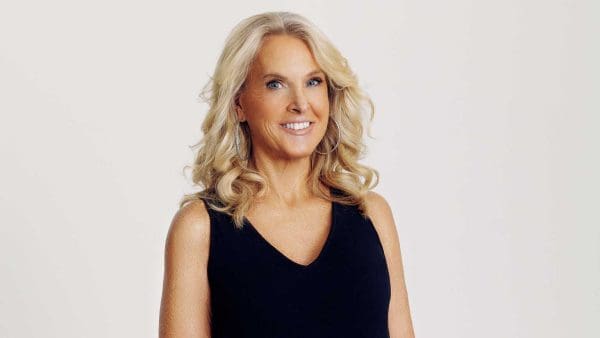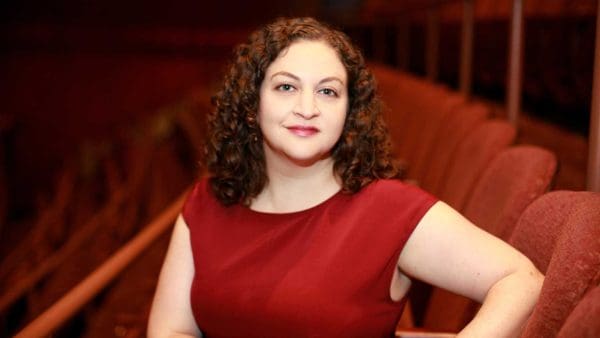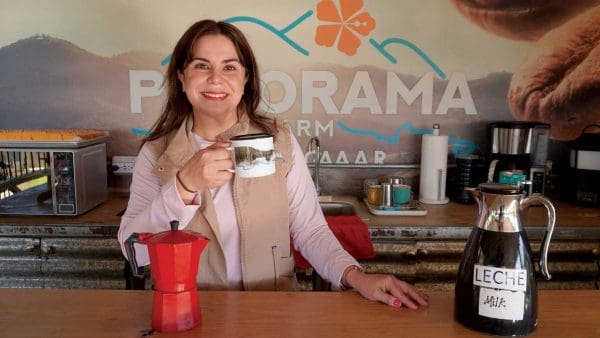Last summer, Molly Dillon ’11 was on a national book tour talking to crowds of young people about her time in the Obama White House. Hers was an inspiring tale. Dillon had been selected, when she was just 23, out of 6,000 applicants to be one of 150 interns at the White House. The following year, Dillon became the youngest staffer ever to be hired as a policy advisor for Urban Affairs, Justice and Opportunity in the Domestic Policy Council, where she worked on civil rights, women’s equality, and housing, among other things, until the end of the Obama administration in 2017.
Then in March of 2019, the book of essays that she helped compile and write, Yes She Can: 10 Stories of Hope & Change from Young Female Staffers of the Obama White House, became a New York Times bestseller. The message Dillon hoped to impart during her book tour, though, wasn’t a highlights reel of her successes. She wanted to also talk about failure.

“When people recount their careers, they often only give what I call the Instagram version. There are letdowns and missteps along the way, which I try to emphasize so that young people know they can achieve success after failure.”
—Molly Dillon
“I tell them I went through eight rounds of interviews for a different White House job that I didn’t get before I took the one that I did,” she says. In her essay for Yes She Can, Dillon writes candidly about feeling unsure after a minor gaffe during a major event at The White House. “You can’t change the past, only how you carry yourself moving forward,” she told herself at the time, and she persevered.
It was at Hopkins that Dillon found her path to public service. She had grown up outside of Chicago in a family infused with a sense of progressive liberalism—her grandfather’s optometry practice in Baltimore was named New Deal Optometry—and she became interested in politics after joining her high school congressional debate league. In her senior year, a senator from her home state named Barack Obama announced his candidacy in Springfield, and Dillon knew she wanted to work to support his agenda. “But I wasn’t sure what that meant,” she says.
Dillon entered her freshman year at Hopkins thinking she would major in political science, but during her first week of school she went to an open house for the sociology department. She lit up at what she heard, realizing that she wasn’t interested in the politics of campaigning, but in the shaping of public policy. With Stephanie DeLuca, James Coleman Professor of Sociology and Social Policy, as her advisor, Dillon says that “a lot of who I am was solidified in those four years,” including becoming a better writer and thinker and developing into “a more caring and aware citizen.”
Yes She Can—written by 10 women in their 20s as a heartfelt and frank behind-the-scenes look at working in the White House—is meant to demystify politics and serve as a resource for the next generation of ambitious women. It includes “A Girl’s Guide to Getting into Government.”
“There are lots of ways to serve the public, both in your professional life and your personal life,” says Dillon, who is now a consultant working on advocacy and public policy. “Having a network of supportive women has always been vital to me.”




